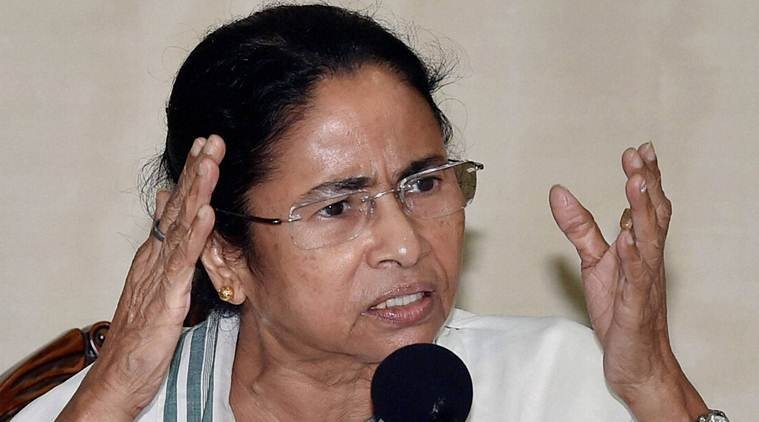
If the Lok Sabha election outcome in West Bengal is any indication, Trinamool boss and CM Mamata Banerjee ought to be extremely worried.
The figures are grim: the Trinamool won 22 Lok Sabha seats, which means it did well in just over 150 Assembly segments in the 294-seat Bengal House.
In contrast, the huge saffron surge saw the BJP winning 18 seats, which translates into political control of 129 Assembly constituencies. In other words, the BJP is just 19 short of the halfway mark of 148.
Further, the BJP vote share jumped to 40.25% from just 17.02% in 2014, which translates into support of 2.17 crore people—just 17 lakh less than the Trinamool, which will struggle to hold on to its slender 3% vote share advantage.
Mukul Roy, the tallest BJP leader in Bengal, sounded the poll bugle on Friday, and said, “Bengal’s ruling party would be a thing of the past soon”—hinting at massive defections of leaders and cadre.
Roy, a founding Trinamool member who was once a close aide of Mamata, added, “Wait and watch. Trinamool will not exist in a few months. I joined the BJP to ruin Mamata’s party.”
Senior BJP leaders said a number of Trinamool MLAs have already started contacting them. In his campaign speeches in Bengal, PM Narendra Modi had hinted at least 40 Trinamool MLAs were in touch with his Bengal leadership.
Roy’s son Subhrangshu, a Trinamool MLA from Bijpur, on Friday expressed his hurt over being a labelled a “traitor’s son” despite working for the party and said he is now “proud” of his father. Hours later, Trinamool suspended Subhrangshu for six years.
Analysts cited polarisation and an explosion of pent-up anger over Trinamool’s excesses during the panchayat polls last year as the reason for its disastrous performance.
“The NRC pledge helped in Hindu consolidation,” said sociologist Swapan Pramanik.


.jpeg)

